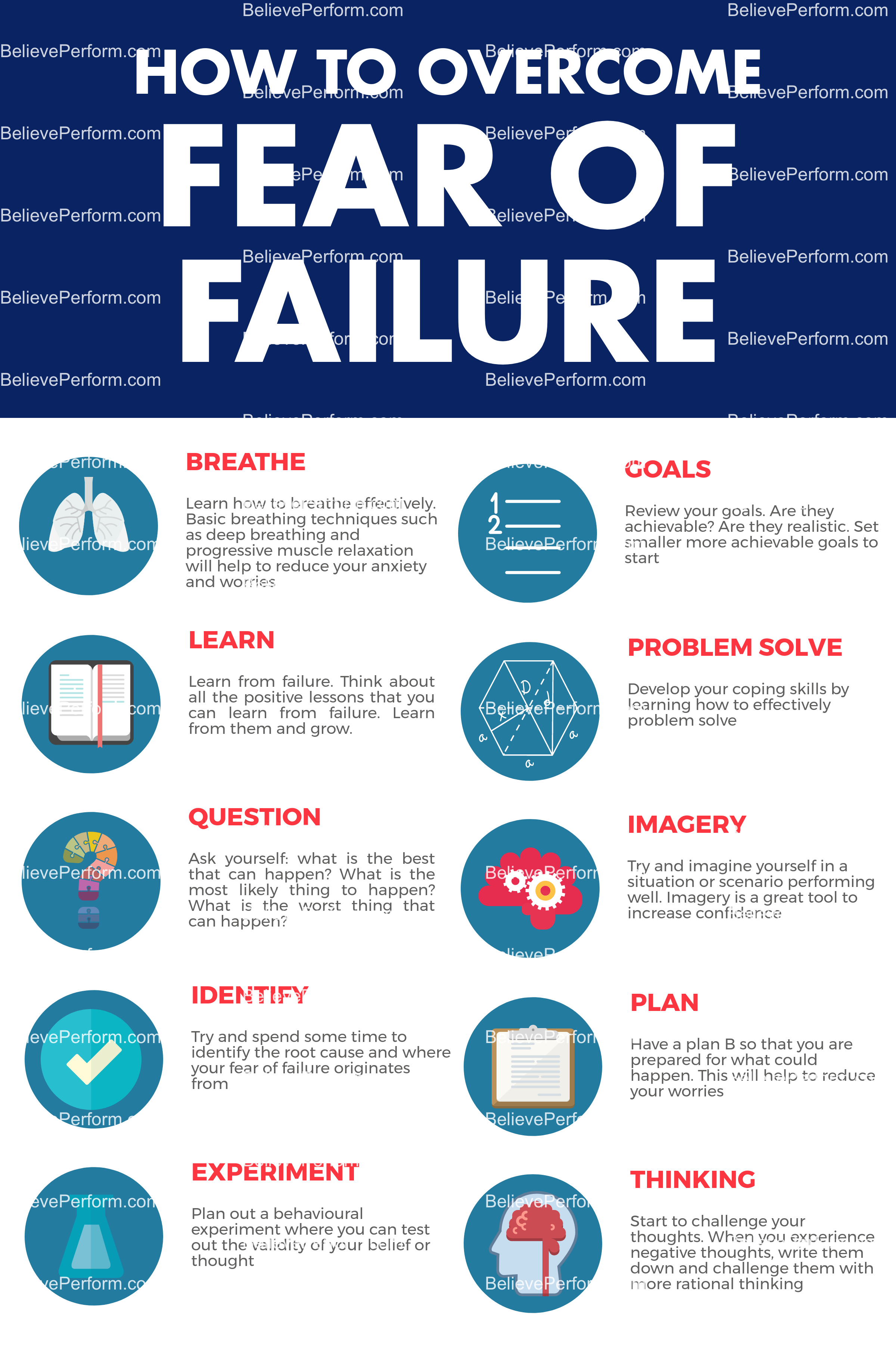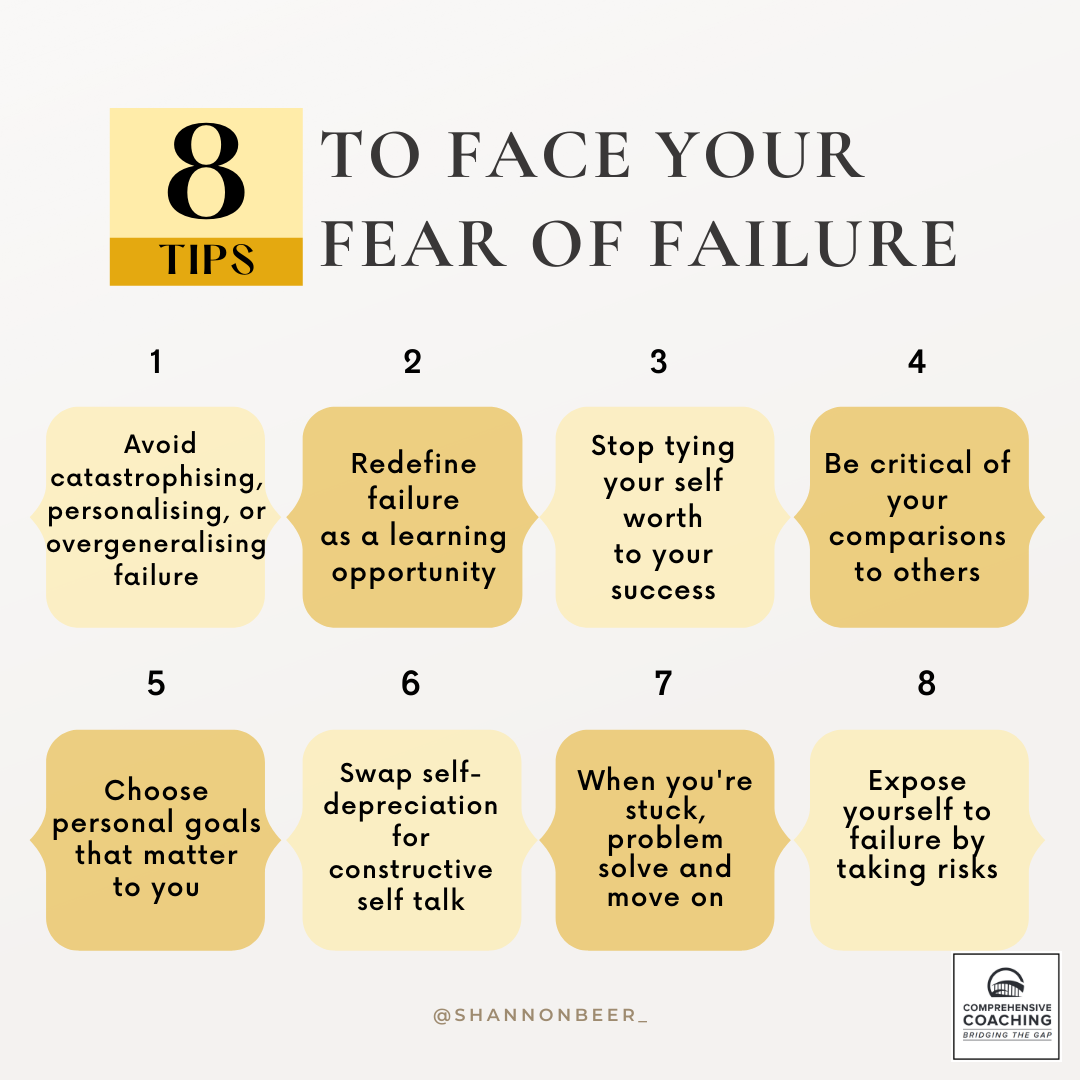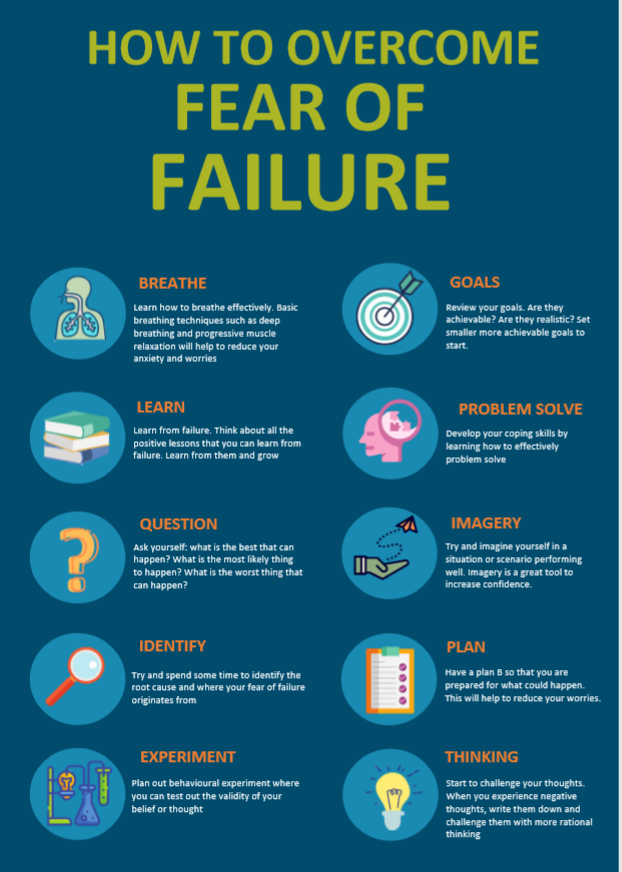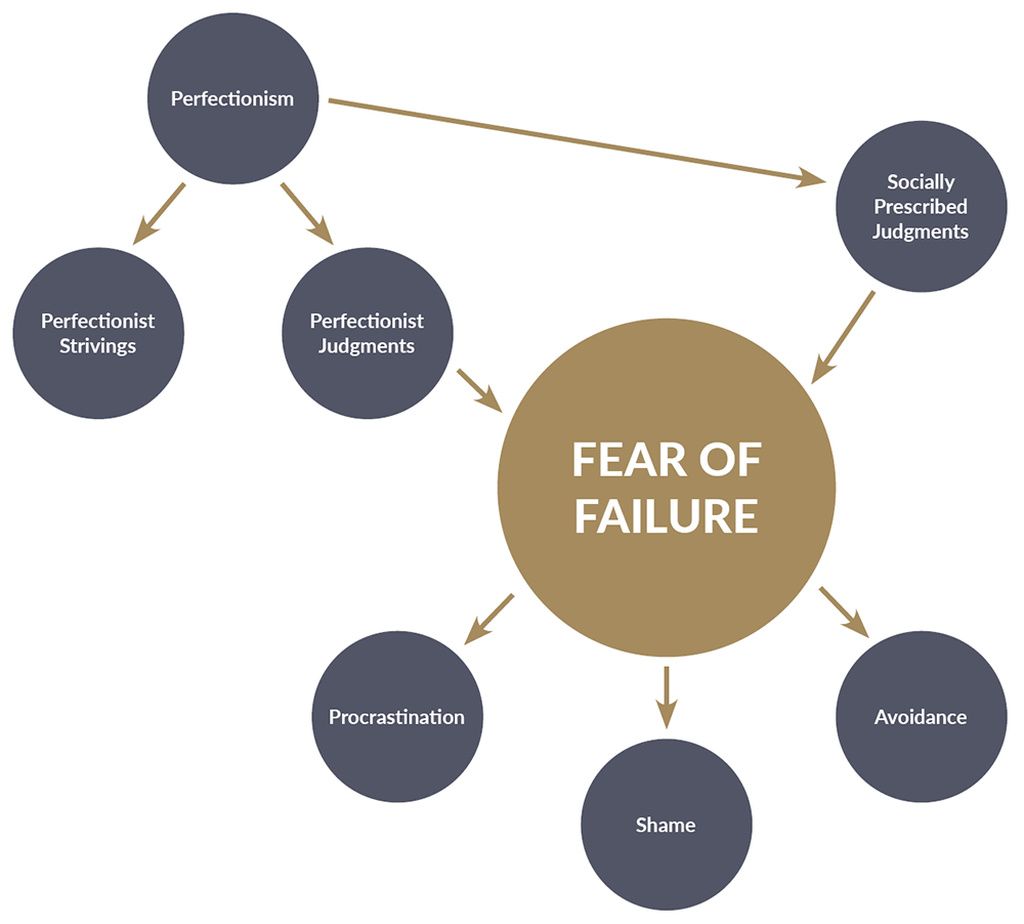How To Get Rid Of The Fear Of Failure

The fear of failure, a common yet debilitating emotion, can paralyze individuals and prevent them from pursuing their goals. Understanding its roots and implementing effective coping mechanisms are crucial for personal and professional growth.
This article explores practical strategies to overcome the fear of failure, enabling individuals to embrace challenges and unlock their full potential. Experts in psychology and personal development offer insights into reframing perspectives and building resilience.
Understanding the Roots of Fear
The fear of failure often stems from early childhood experiences, societal pressures, and perfectionistic tendencies. According to a study by the American Psychological Association (APA), individuals with a strong fear of failure tend to focus on the potential negative consequences rather than the potential benefits of success.
This can lead to anxiety, procrastination, and avoidance behaviors. These behaviors are detrimental to achieving goals.
Reframing Your Perspective
One of the most effective strategies for overcoming the fear of failure is to reframe your perspective.
"Instead of viewing failure as a reflection of your worth, see it as an opportunity for learning and growth,"advises Dr. Carol Dweck, a renowned psychologist at Stanford University.
Embrace a growth mindset, which emphasizes that abilities can be developed through dedication and hard work. This mindset allows you to view setbacks as temporary and motivational.
Setting Realistic Goals
Setting unrealistic or overly ambitious goals can fuel the fear of failure. Break down large goals into smaller, more manageable steps to create a sense of accomplishment and momentum.
Celebrate small victories along the way to boost confidence and reinforce positive behaviors. This also provides opportunities to assess and adjust strategies if necessary.
Developing Coping Mechanisms
Developing healthy coping mechanisms is essential for managing anxiety and stress associated with the fear of failure. Mindfulness meditation, deep breathing exercises, and physical activity can help calm the nervous system and promote emotional regulation.
Seeking support from friends, family, or a therapist can provide a safe space to process emotions and gain valuable insights. Remember that you are not alone in experiencing this fear.
Embracing Imperfection
Striving for perfection is often a futile and self-defeating endeavor. Accept that mistakes are inevitable and learn to forgive yourself for your shortcomings.
Focus on progress rather than perfection, and celebrate the effort you put into your endeavors. Remember that failure is a stepping stone to success.
Taking Calculated Risks
Stepping outside your comfort zone and taking calculated risks can help you build resilience and overcome your fear of failure. Start with small, manageable risks and gradually increase the level of challenge as you gain confidence.
Analyze potential outcomes and prepare for setbacks, but don't let fear hold you back from pursuing opportunities. Each successful risk taken will strengthen your resolve and diminish your fear.
Conclusion
Overcoming the fear of failure is a journey, not a destination. By reframing your perspective, setting realistic goals, developing coping mechanisms, embracing imperfection, and taking calculated risks, you can break free from its grip and unlock your full potential.
Remember that failure is an inevitable part of life, and it is through our mistakes that we learn and grow. Embrace the challenges, celebrate the victories, and never give up on your dreams.

















